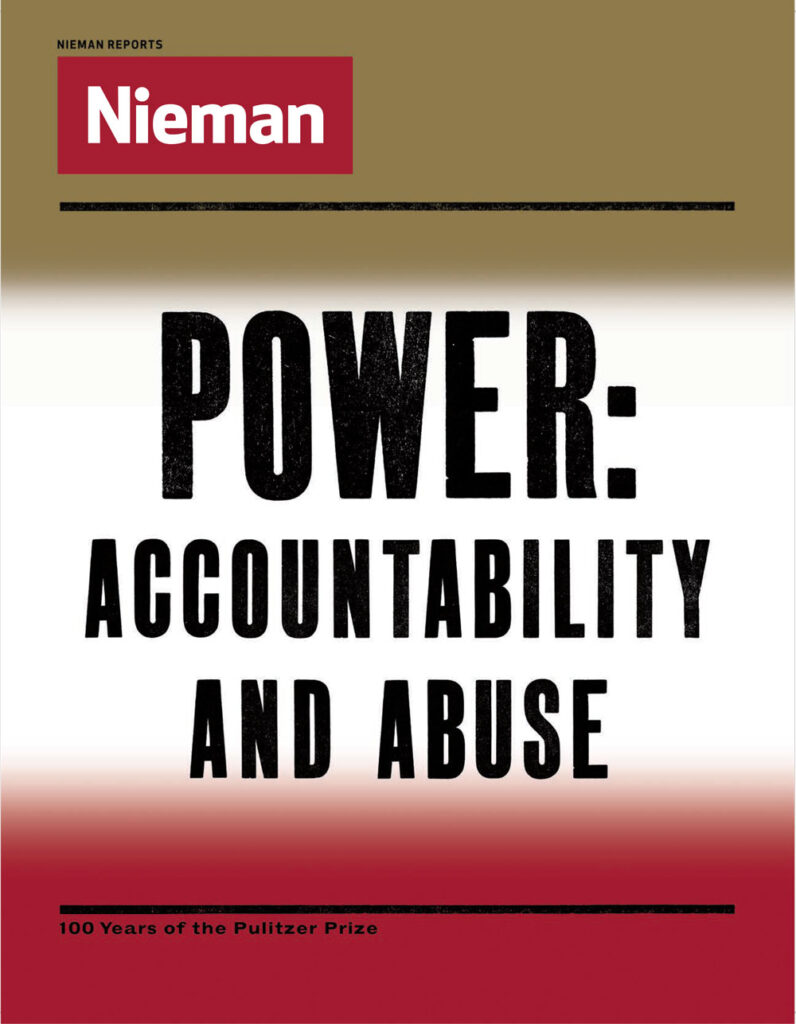For "An Unbelievable Story of Rape," Armstrong and ProPublica’s T. Christian Miller investigated the case of an 18-year-old woman who said she was raped at knifepoint, then said she made it all up. In the process, the pair exposed law enforcement’s systematic failures to understand the trauma victims endure. The rapist is now serving time for raping the woman and four others.

No one came to court with her that day, except her public defender.
She was 18 years old, charged with a gross misdemeanor, punishable by up to a year in jail.
Rarely do misdemeanors draw notice. Her case was one of 4,859 filed in 2008 in Lynnwood Municipal Court, a place where the judge says the goal is “to correct behavior—to make Lynnwood a better, safer, healthier place to live, work, shop and visit.”
But her misdemeanor had made the news, and made her an object of curiosity or, worse, scorn. It had cost her the newfound independence she was savoring after a life in foster homes. It had cost her sense of worth. Each ring of the phone seemed to announce another friendship, lost. A friend from 10th grade called to ask: How could you lie about something like that? Marie—that’s her middle name, Marie—didn’t say anything. She just listened, then hung up. Even her foster parents now doubted her. She doubted herself, wondering if there was something in her that needed to be fixed.
She had reported being raped in her apartment by a man who had bound and gagged her. Then, confronted by police with inconsistencies in her story, she had conceded it might have been a dream. Then she admitted making the story up. One TV newscast announced, “A Western Washington woman has confessed that she cried wolf when it came to her rape she reported earlier this week.” She had been charged with filing a false report, which is why she was here today, to accept or turn down a plea deal.
Further Reading
Her lawyer was surprised she had been charged. Her story hadn’t hurt anyone—no suspects arrested, or even questioned. His guess was, the police felt used. They don’t appreciate having their time wasted.
The prosecution’s offer was this: If she met certain conditions for the next year, the charge would be dropped. She would need to get mental health counseling for her lying. She would need to go on supervised probation. She would need to keep straight, breaking no more laws. And she would have to pay $500 to cover the court’s costs.
Marie wanted this behind her.
She took the deal.



